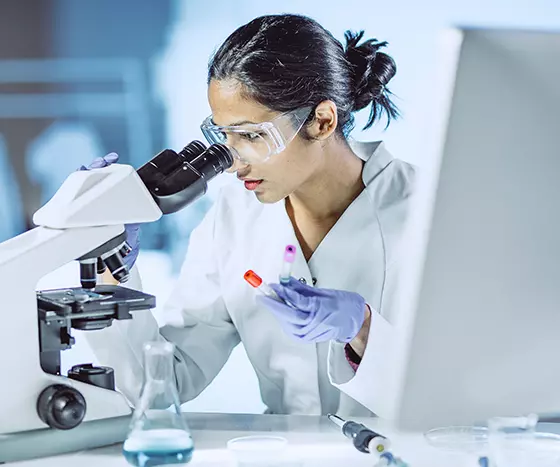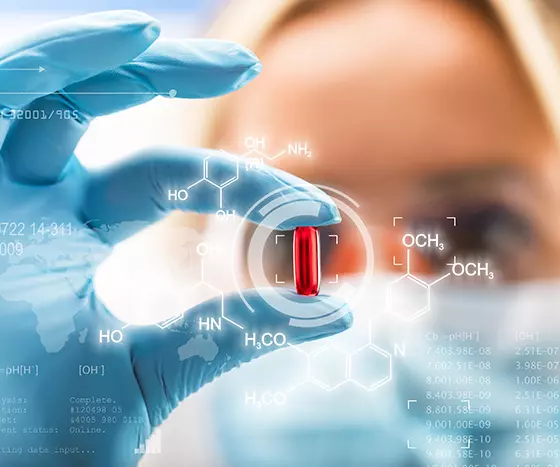What are biotechnology medicines?
Any medicine produced from biological sources is a biotechnology medicine - also know as biotech medicine or simply biologics. However, in the 1970’s, genetic engineering has opened a new path within the biologics class: the design of organic molecules.
These molecules are produced by genetically modified microorganisms cells or microorganisms. Some of the biomedicines that have been used for many years, such as vaccines and insulins, are now produced by genetic engineering.
Biotechnology medicines is the present and future of the pharmaceutical industry - and it only tends to grow in the upcoming years.
The biosimilars market
Biosimilar medicines, biological products highly similar to reference products, have slight differences in clinically inactive compounds and are extremely safe, due to their purity and power.
Biosimilars are developed and approved for commercialization as reference products’ patents expiry, in a regulatory process that already exists with synthetic and semi-synthetic medicines.
The prescription of biosimilars grows fast around the world. In Europe, where the term “biosimilar” was created, the first regulatory law was published in 2005 and since then, the european market is the world's largest biosimilar market, with a consistent and innovative legislation structure.
In Brazil, the regulatory milestone was set in 2010 and the first biosimilar was approved by ANVISA in 2015.Two years later, in 2017, the first trastuzumab biosimilar medicine was approved for the treatment of patients with breast cancer, boosting the growth of this segment in Brazil.
In 2020, with COVID-19 pandemic, ANVISA has approved another biotechnology medicine - Ghemaxan. The product, formed of enoxaparin sodium, is targeted for the thromboembolism market, and has been widely used in the treatment of patients with COVID-19 since the beginning of the health crisis, in March 2020.


